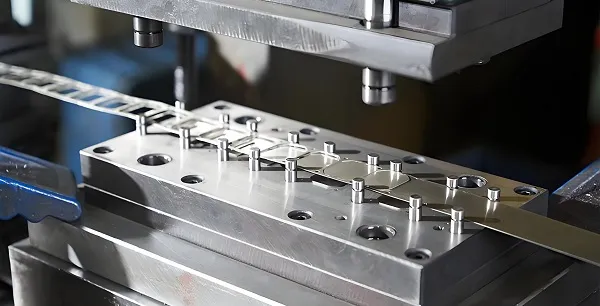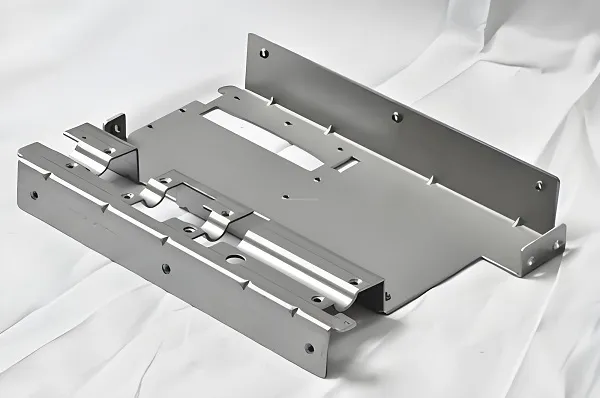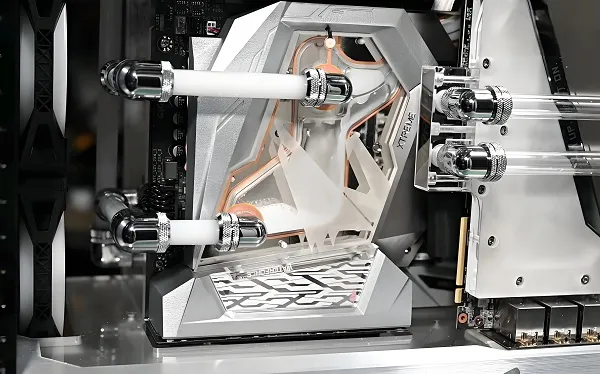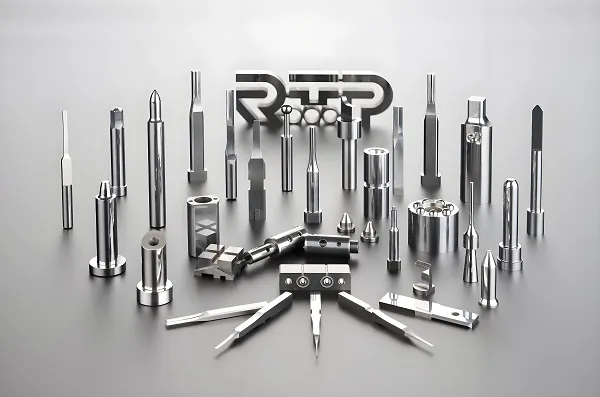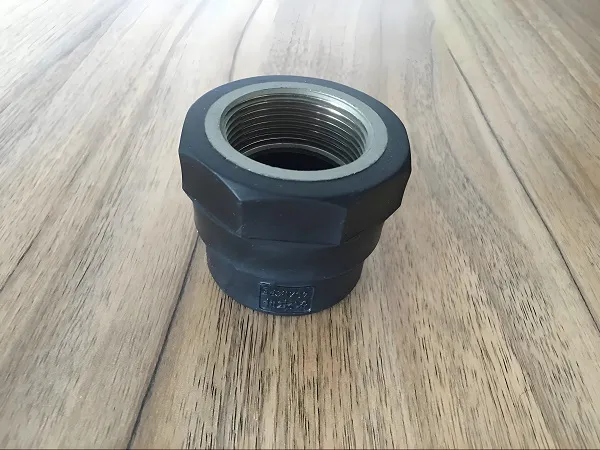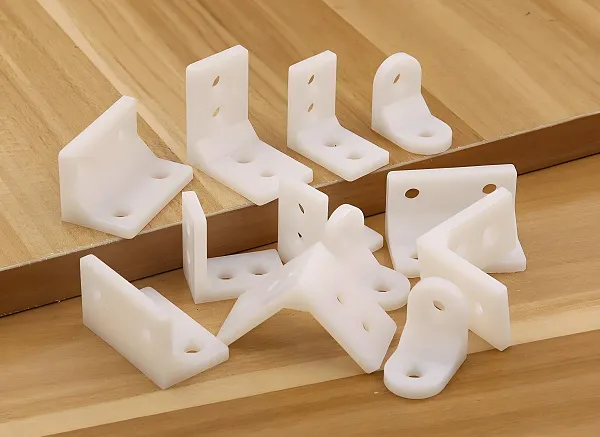In the field of precision manufacturing and industrial assembly, screws, as the core component of connectors, have a direct bearing on the overall quality and stability of products in terms of their performance and adaptability. In order to meet the special needs of different industries and different application scenarios, customized screw parts service has emerged. We provide professional screw customization solutions, from design, material selection to production, testing, the whole process of control to ensure that each screw can accurately meet the customer’s individual requirements.
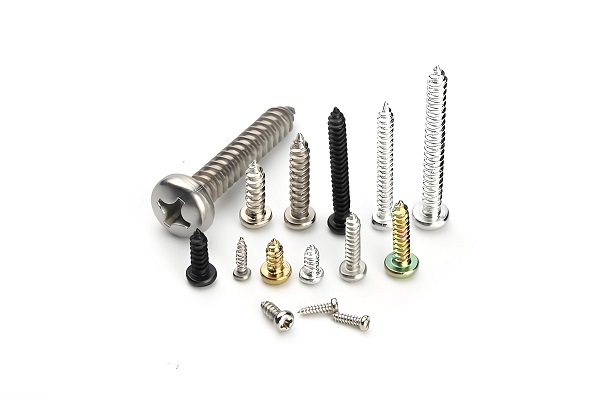
1.Screw production technology principle
Our screw production technology is based on advanced CNC machining equipment and precision manufacturing process. First of all, through the CAD / CAM software for three-dimensional modeling and simulation analysis, to ensure the rationality and feasibility of the design scheme. Subsequently, high-precision CNC machine tools are used to carry out turning, milling, tapping and other machining processes to achieve precise molding of screws. In the heat treatment process, annealing, quenching, tempering and other treatments are carried out according to the material characteristics to enhance the hardness, wear resistance and corrosion resistance of the screws. Finally, the quality of each batch of screws is ensured to be stable and reliable through strict quality inspection process, including size measurement, torque test, salt spray test and so on.
2. Screw material introduction
2.1 Stainless steel (304/316): excellent corrosion resistance and good mechanical properties, suitable for wet, corrosive environments.
● Acid and alkali resistance, easy to clean, beautiful and durable.
●High strength, can withstand large torque.
●Good processing performance, easy to customize various shapes and sizes.
●Environmentally friendly and non-toxic, in line with food safety standards.
2.2 Carbon steel (Q235/45#): lower cost, high strength and hardness, suitable for general industrial applications.
● Can be heat-treated and strengthened to improve hardness and wear resistance.
●Good weldability and machinability.
●Surface can be galvanized, nickel-plated and other treatments to enhance corrosion resistance.
2.3 Alloy steel: designed for special working conditions, such as high temperature and high pressure environment, with higher strength and corrosion resistance.
●High temperature stability, not easy to deform.
●Excellent anti-fatigue performance, prolonging service life.
●Alloy composition can be adjusted according to specific needs to achieve customized performance.
2.4 Screw product characteristics
Products: Screws, including but not limited to standard threads, self-tapping screws, locking screws, special shaped screws, etc.
● Diameter range from M1 to M30, length can be customized according to demand.
●Thread standards cover a wide range of standards such as metric, imperial and American.
● Various surface treatments, such as zinc plating, blackening, Dacromet, etc., to meet different anti-corrosion needs.
●Provide customized head shapes and driving methods, such as hexagonal head, one-slot, cross-slot, hexagonal socket, etc.
●Provide mechanical property test report, including tensile strength, yield strength, hardness, etc. according to customers’ requirements.
3.CNC screw production tools
In the screw production process, there are a wide variety of commonly used tools, which play their own unique roles according to the different processing methods and stages. The following are some common screw production tools and their characteristics:
3.1 tap
Function: Tap is the main tool for processing internal threads, forming internal threads by cutting or trimming.
Types: taps are often divided into hand taps, machine taps, nut taps, plate taps, pipe thread taps and tapered thread taps. Among them, machine and hand taps are the standard taps for cutting common threads.
Structure: Taps are composed of a working part and a shank, and the working part is divided into a cutting part and a calibrating part. The cutting part is responsible for cutting, while the calibrating part is used to calibrate the size and shape of the thread.
Features: Taps are characterized by simple structure, ease of use and high cutting efficiency. When processing small-size screw holes, taps are almost the only processing tool.
3.2 Plate Thread
Function: Plate teeth are mainly used for processing external threads, although their processing accuracy is relatively low, but still widely used in some occasions.
Characteristics: Similar to taps, plate teeth are also characterized by simple structure and ease of use. However, due to its limited machining accuracy, it is more suitable for occasions that do not require high thread accuracy.
3.3 Thread Turning Tools
Function: Thread turning tool is a tool for turning internal and external threads, and its shape is the same as that of the threaded teeth, which can be used for processing threads of various sizes, shapes and accuracies.
Types: Thread turning tools include flat body, prismatic body and round body and other types to adapt to different processing needs.
Characteristics: Thread turning tools have good versatility but low productivity, and the machining quality mainly depends on the technical level of the workers, the precision of the machine tool and the manufacturing precision of the tool itself.
3.4 Thread milling cutter
Function: Thread milling cutter is a common tool for processing cylindrical and conical internal and external threads, especially suitable for processing threads with larger diameters.
Types: Thread milling cutters include disk milling cutters, comb milling cutters and rotary milling cutters and other types, each type has its specific application scenarios and advantages.
Characteristics: Thread milling cutters have high productivity and high machining accuracy and finish, but the manufacturing cost is relatively high.
3.5 Thread rolling tools
Function: Thread rolling tools utilize the method of plastic deformation of metal to process threads, including thread rolling plates, thread rolling wheels and so on.
Characteristics: The productivity of thread rolling tools is very high, and the processing precision and finish are also very high, and can extend the service life of the workpiece. However, these tools have higher requirements for workpiece materials and processing conditions.
3.6 Other special tools
Clamping thread milling cutter: It consists of reusable shanks and easily replaceable inserts, and is suitable for thread processing in mass production.
Integral thread milling cutter: compact structure, good rigidity, especially suitable for processing medium and small diameter threads.
Thread drilling and milling cutter: It can finish drilling the bottom hole of thread, chamfering the hole and internal thread processing at one time, which improves the processing efficiency.
Customized Screw Parts Service FAQ
Q: What is the minimum order quantity for customized screws?
A: The minimum order quantity usually depends on the specifications and complexity of the process, usually starting from a few hundred, please contact our customer service for details.
Q: What is the lead time for customized screws?
A: Delivery time is generally 7-15 working days, depending on the order quantity, material preparation and production scheduling.
Q: How can I provide design drawings for customized screws?
A: Customers can provide CAD drawings or detailed technical parameters, our engineers can also reverse design according to samples or descriptions.
Q: Do you support sample confirmation for customized screws?
A: Sample confirmation is supported. Customers can request samples before mass production to verify whether the design, size and performance meet the requirements.
Q: What is the after-sales service for customized screws?
A: We provide perfect after-sales service, including product quality problem return and exchange, technical support and follow-up service for mass production.

